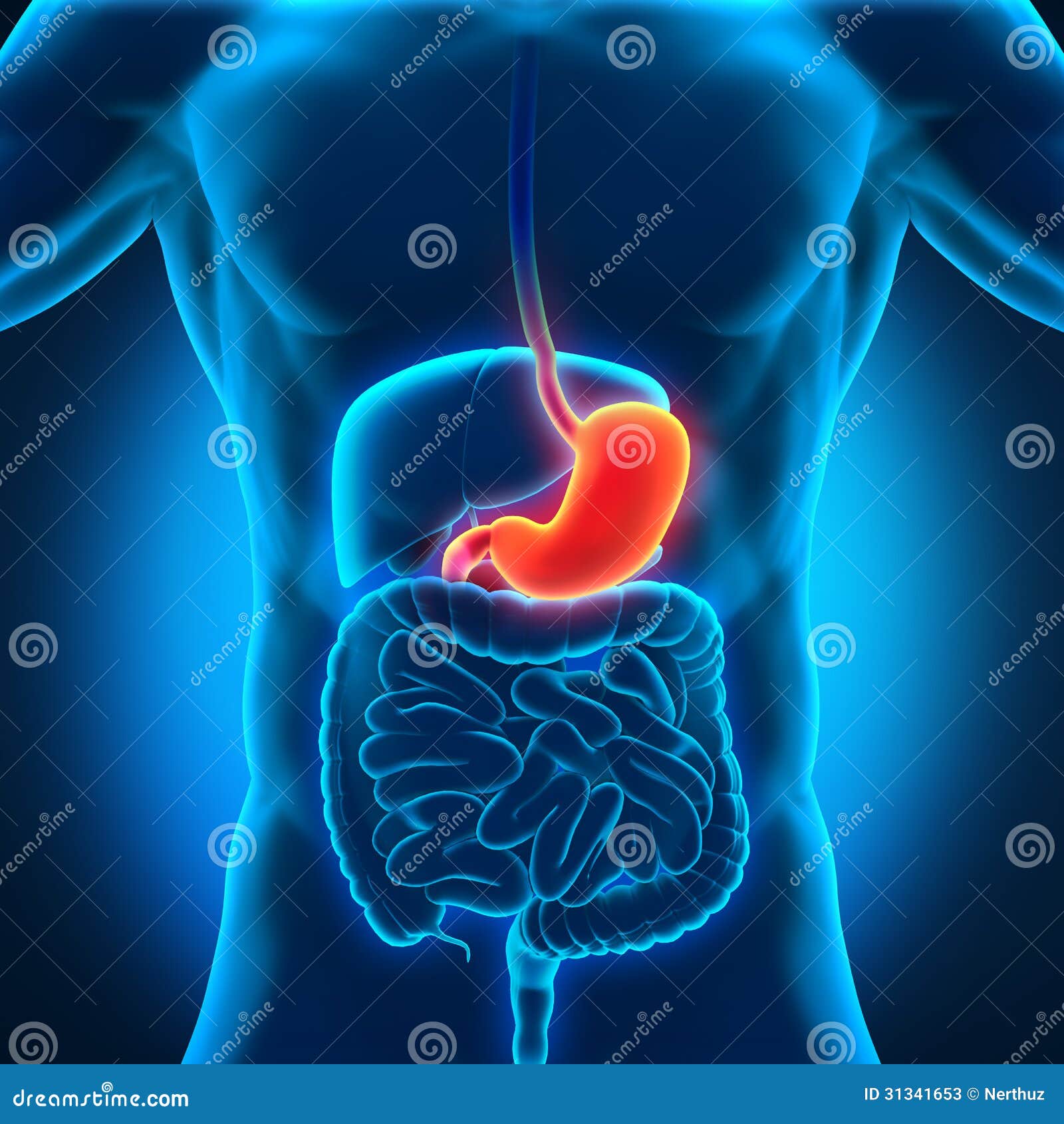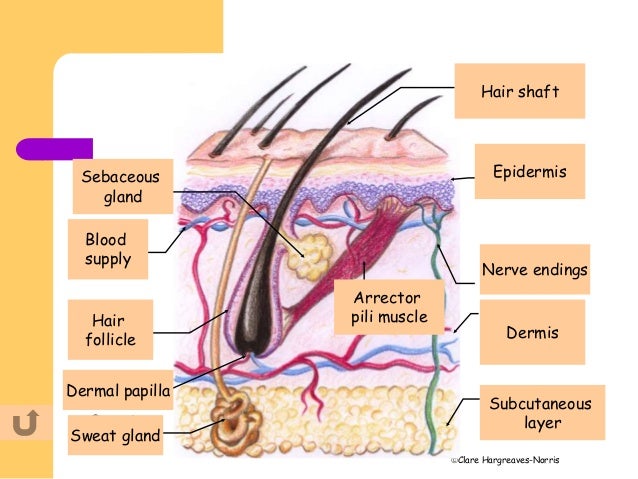What Is Stomach Paralysis

Stomach paralysis, also known as gastroparesis, is a medical condition characterized by the delayed emptying of food from the stomach into the small intestine. This condition occurs when the muscles in the stomach wall are weakened, leading to a decrease in the stomach’s ability to contract and move food through the digestive system. As a result, food remains in the stomach for an extended period, causing a range of symptoms that can significantly impact an individual’s quality of life.
The normal digestive process involves the stomach muscles contracting and relaxing in a rhythmic manner to mix and churn food with digestive enzymes. This process, known as peristalsis, helps to break down food into smaller particles that can be easily absorbed by the small intestine. In individuals with stomach paralysis, the muscles in the stomach wall are unable to contract and relax properly, leading to a disruption in the normal digestive process.
Causes of Stomach Paralysis

Stomach paralysis can be caused by a variety of factors, including:
- Diabetes: High blood sugar levels can damage the nerves that control the stomach muscles, leading to gastroparesis.
- Surgery: Certain types of surgery, such as gastric bypass surgery, can damage the nerves that control the stomach muscles.
- Infections: Viral or bacterial infections, such as gastroenteritis, can cause inflammation and damage to the stomach muscles.
- Medications: Certain medications, such as antidepressants and antihistamines, can slow down the movement of food through the digestive system.
- Neurological disorders: Conditions such as Parkinson’s disease and multiple sclerosis can damage the nerves that control the stomach muscles.
- Eating disorders: Conditions such as anorexia nervosa and bulimia can cause stomach paralysis due to malnutrition and electrolyte imbalances.
Symptoms of Stomach Paralysis

The symptoms of stomach paralysis can vary in severity and may include:
- Nausea and vomiting: Food remains in the stomach for an extended period, causing nausea and vomiting.
- Abdominal bloating: The stomach becomes distended due to the accumulation of food and gas.
- Abdominal pain: The stomach muscles may become irritated, leading to abdominal pain and discomfort.
- Weight loss: Malnutrition and dehydration can occur due to the delayed emptying of food from the stomach.
- Feeling full after eating only a small amount of food: The stomach becomes overly sensitive, leading to a feeling of fullness after eating only a small amount of food.
Diagnosis of Stomach Paralysis
The diagnosis of stomach paralysis typically involves a combination of medical history, physical examination, and diagnostic tests. These tests may include:
- Upper endoscopy: A flexible tube with a camera is inserted through the mouth to visualize the stomach and small intestine.
- Gastric emptying study: A small amount of radioactive material is ingested to measure the rate at which food empties from the stomach.
- Electrogastrography: A test that measures the electrical activity of the stomach muscles.
Treatment of Stomach Paralysis
The treatment of stomach paralysis depends on the underlying cause and may involve:
- Dietary changes: Eating small, frequent meals that are low in fat and fiber can help to manage symptoms.
- Medications: Medications such as metoclopramide and erythromycin can help to stimulate the stomach muscles and improve gastric emptying.
- Gastric pacing: A procedure that involves implanting a device that delivers electrical impulses to the stomach muscles to improve gastric emptying.
- Surgery: In severe cases, surgery may be necessary to repair or remove the damaged stomach muscles.
Complications of Stomach Paralysis

If left untreated, stomach paralysis can lead to a range of complications, including:
- Malnutrition: Delayed emptying of food from the stomach can lead to malnutrition and dehydration.
- Electrolyte imbalances: The loss of essential electrolytes, such as potassium and sodium, can lead to muscle weakness and heart arrhythmias.
- Gastroesophageal reflux disease (GERD): The delayed emptying of food from the stomach can lead to the reflux of stomach acid into the esophagus, causing symptoms such as heartburn and chest pain.
Prevention of Stomach Paralysis
While stomach paralysis cannot always be prevented, there are several steps that can be taken to reduce the risk of developing this condition:
- Manage blood sugar levels: Individuals with diabetes should work with their healthcare provider to manage their blood sugar levels and prevent nerve damage.
- Avoid certain medications: Certain medications, such as antidepressants and antihistamines, can slow down the movement of food through the digestive system. Individuals should talk to their healthcare provider about alternative treatment options.
- Eat a healthy diet: Eating a balanced diet that is low in fat and fiber can help to manage symptoms and prevent complications.
What are the symptoms of stomach paralysis?
+The symptoms of stomach paralysis can vary in severity and may include nausea and vomiting, abdominal bloating, abdominal pain, weight loss, and feeling full after eating only a small amount of food.
How is stomach paralysis diagnosed?
+The diagnosis of stomach paralysis typically involves a combination of medical history, physical examination, and diagnostic tests, such as upper endoscopy, gastric emptying study, and electrogastrography.
What are the treatment options for stomach paralysis?
+The treatment of stomach paralysis depends on the underlying cause and may involve dietary changes, medications, gastric pacing, and surgery.
In conclusion, stomach paralysis is a complex condition that requires a comprehensive treatment approach. By understanding the causes, symptoms, and treatment options, individuals can work with their healthcare provider to manage their condition and improve their quality of life.


